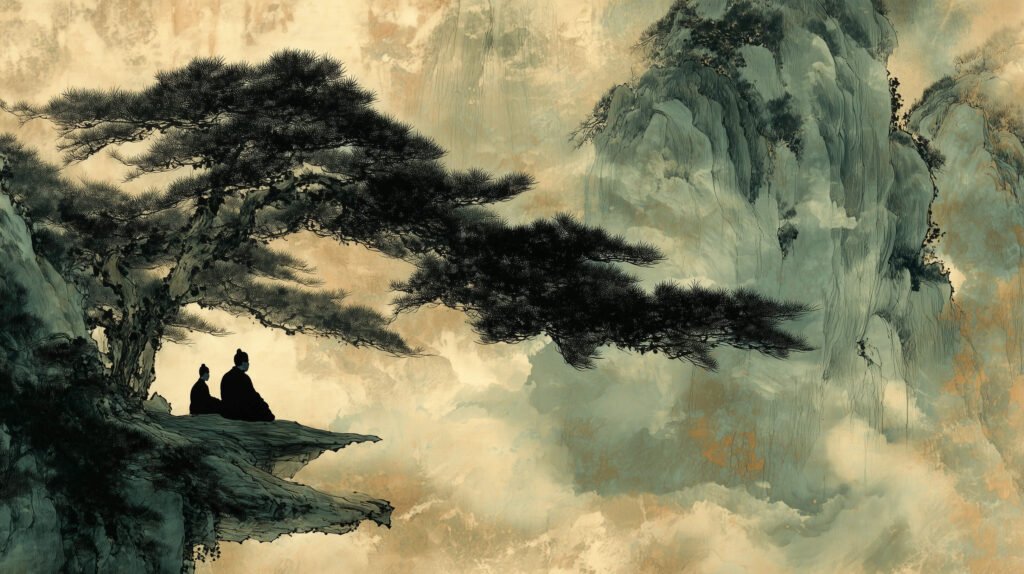wisdom
Laozi: The Silk Manuscript Edition (Virtue & Way Classic)
Part I: Virtue Classic
Chapter 1: Substance over Form — The Nature of Virtue
The highest virtue is not conscious of itself as virtue; therefore it is true virtue.
The lower virtue never lets go of virtue; therefore it lacks true virtue.
上德不德,是以有德;下德不失德,是以无德。
The highest virtue acts without acting and has no ulterior intent.
The highest kindness acts, yet has no ulterior intent. The highest justice acts, and does have an intent.
The highest ritual acts, and when no one responds, it rolls up its sleeves and forces compliance.
上德无为而无以为也。上仁为之,而无以为也;上义为之,而有以为也。上礼为之,而莫之应也,则攘臂而乃之。
Thus, it was after the loss of the Way (Dao) that virtue (De) arose.
After the loss of virtue, kindness (Ren) arose. After the loss of kindness, justice (Yi) arose. After the loss of justice, ritual (Li) arose.
Now ritual is the thinning of loyalty and trust, and the beginning of chaos.
Forced knowledge (presumption, artificial rules) is the flower of the Way, and the beginning of folly.
所以,丧失了“道”之后才有“德”,丧失了“德”之后才有“仁”,丧失了“仁”之后才有“义”,丧失了“义”之后才有“礼”。这个“礼”啊,是忠信淡薄的表现,也是祸乱的开始。那些所谓的先见之明(预设的规范、智巧),不过是“道”的虚华外表,也是愚昧的开端。
Therefore, the true sage dwells in substance (thickness, richness) and not in thinness (superficiality).
He dwells in the fruit (reality, core) and not in the flower (appearance, bloom).
Thus, he rejects the false (the superficial, the thin, the flowery) and chooses this (the substantial, the real, the core).
是以大丈夫居其厚,而不居其泊;居其实,而不居其华。故去皮取此。

